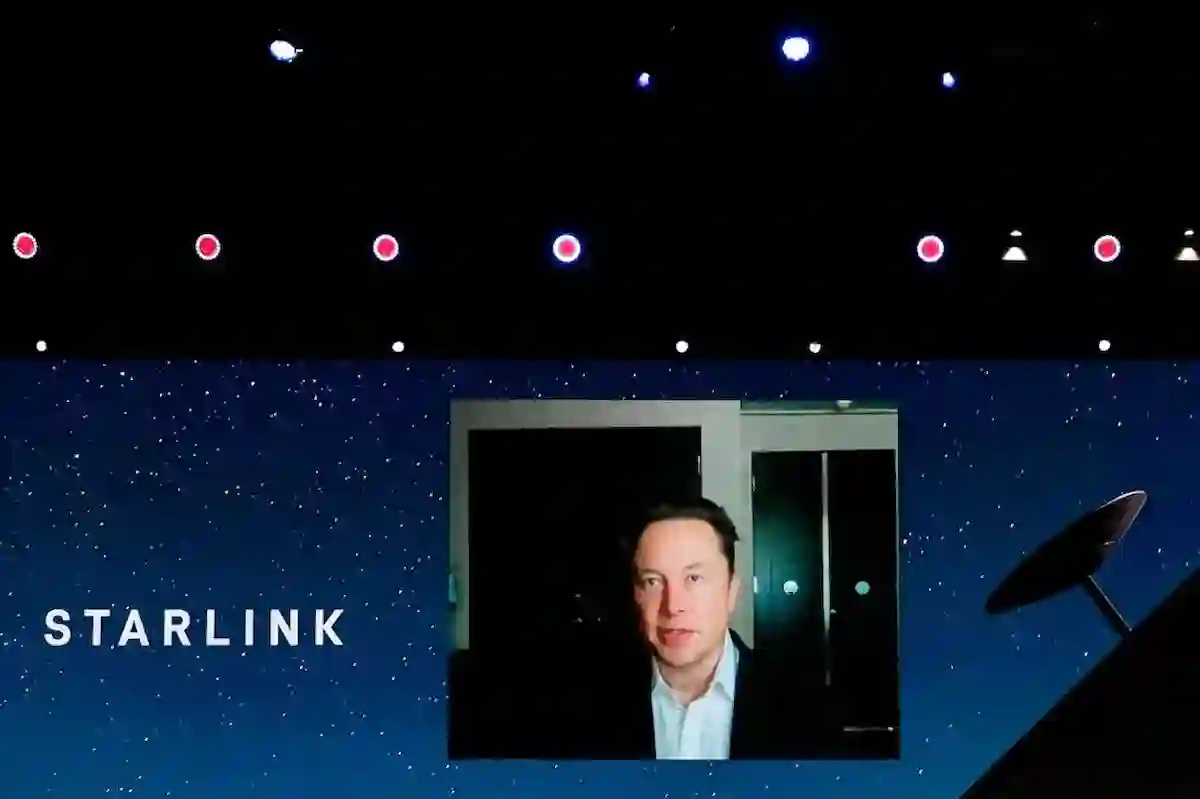When Elon Musk’s Starlink first arrived on the scene, it was billed as a revolutionary leap for internet access — especially for people living far from city networks. Across Africa, the buzz was huge.
Communities that had long struggled with unreliable or non-existent connectivity saw Starlink as a ticket to finally being plugged into the digital world.
Kenya, one of the continent’s most tech-savvy nations, jumped in early.
But only months later, that early excitement has started to fade.
Kenya’s Early Adoption Turns Sour
According to the country’s communication authority, Starlink lost a notable share of its subscribers in the first quarter of 2025.
Many of those customers decided to switch back to local internet service providers (ISPs), saying they offered better value for money.
The issue wasn’t hard to spot — users complained about high costs, underwhelming speeds, and frequent disconnections.
For a service that promised to be lightning-fast and life-changing, reality has been a lot less glamorous.
Lessons for South Africa
Starlink’s struggles in Kenya are raising eyebrows in South Africa, where many rural residents — along with safari lodge owners — have been eagerly awaiting its arrival.
But the country’s strict regulatory environment has already thrown a spanner in the works.
The Independent Communications Authority of South Africa (ICASA) requires that at least 30% of Starlink’s ownership be held by black South Africans before granting a licence.
So far, Musk hasn’t been able to meet that requirement, leaving the service officially unavailable in the country.
The Grey Market Workaround
That hasn’t stopped determined South Africans from getting their hands on Starlink kits.
Some have been importing them and paying for pricey global roaming subscriptions to make the system work locally.
This workaround isn’t cheap, but it highlights just how much demand there could be if Starlink ever launched officially at an affordable price.
Why South Africa Could Be Even Tougher Than Kenya
If Kenya’s competitive internet market proved tricky for Starlink, South Africa’s might be an even bigger challenge.
The country already has a rapidly expanding fibre network offered by multiple providers at competitive rates.
For Starlink to stand out, it would need more than just the promise of rural access.
It would have to match or beat existing providers on both reliability and pricing — something it’s struggled to do in other markets.
The Road Ahead for Starlink in Africa
Starlink’s brand is still strong, and its promise of global coverage remains appealing.
But its rocky start in Kenya and ongoing hurdles in South Africa show that ambition alone won’t win over customers.
The African market is tech-hungry, but it’s also price-conscious and increasingly well-served by local competitors.
Whether Musk can navigate these realities and truly deliver on Starlink’s early promise remains to be seen.
